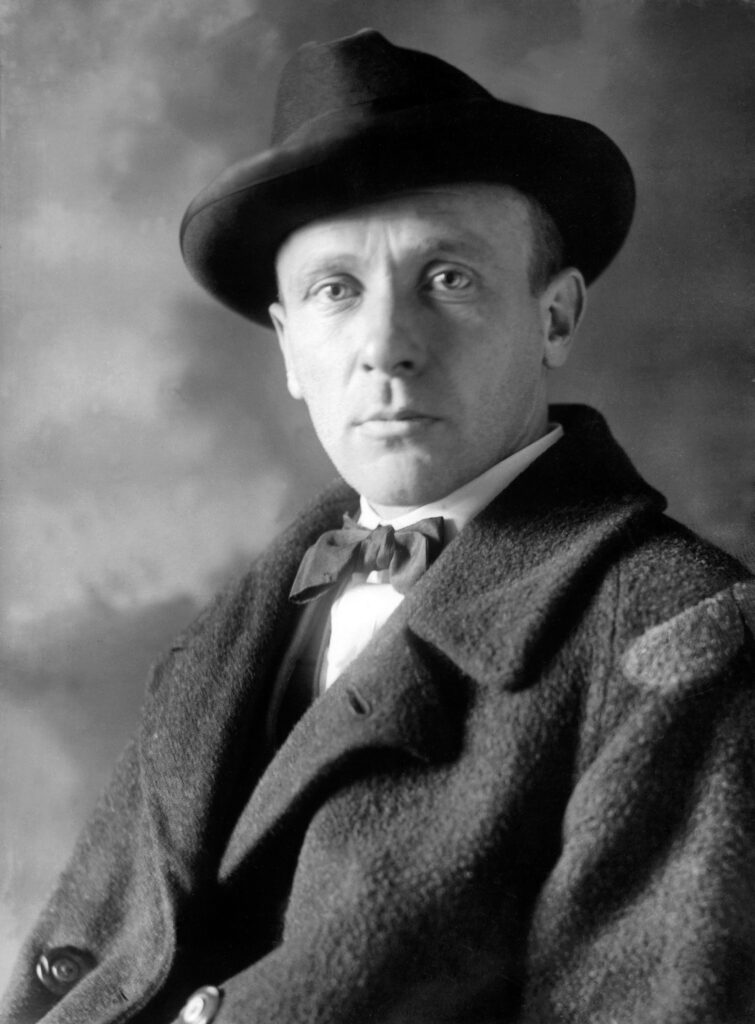Thursday
For those seeking a better understanding of Ukraine, this past July Atlantic magazine recommended Bulgakov’s The White Guard. I’ve finally gotten around to reading it and I can understand the shout out.
The novel takes place during the final year of World War I. Russia pulled out of the war following the Bolshevik Revolution, but that didn’t mean all fighting stopped. In White Guard, there’s a struggle over who will control Kyiv: White Russians, Bolsheviks, Germans and Ukranian Nationalists all fight for control of Kiev. We see the action through the eyes of the Turbin family, who are drawn into messy alliances as they try to sort out their way through the chaos.
Reading it with the current Russo-Ukrainian War in mind is sobering. Check out this passage early in the book, which seems to be about the weather but could be about a northern invasion as well:
Their life had been darkened at its very dawning. Cold winds had long been blowing without cease from the north and the longer they persisted the worse they grew. The eldest Turbin had returned to his native city after the first blast had shaken the hills above the Dnieper. Now, they thought, it will stop and we can start living the kind of life they wrote about in those chocolates melling books. But the opposite happened and life only grew more and more terrible. The snowstorm from the north howled and howled, and now they themselves could sense a dull, subterranean rumbling, the groaning of an anguished land in travail. As 1918 drew to an end the threat of danger drew rapidly nearer.
At one point, one of the characters turns to his local priest for consolation. The man let’s the Bible fall open and, unfortunately, it falls upon the following passage from Revelation 16:4:
‘And the third angel poured out his vial upon the rivers and fountains of waters; and they became blood.
The Turbin family has allied with the Germans to fend off the Ukrainian nationalist, but that’s a choice that is proving increasingly problematic. One thinks of the cities and towns seized by Russia early in the current war in the following passage:
Only someone who has been defeated knows the real meaning of that word. It is like a party in a house where the electric light has failed; it is like a room in which green mould, alive and malignant, is crawling over the wallpaper; it is like the wasted bodies of rachitic children, it is like rancid cooking oil, like the sound of women’s voices shouting obscene abuse in the dark. It is, in short, like death.
After much death and suffering, the novel ends in an almost mystical haze with a series of dreams. There we encounter this passage:
The snow will simply melt, the green Ukrainian grass will grow again, braid the earth…lush seedlings will come out…the heat will quiver above the fields and no more traces of blood will remain.
Optimistic though this sounds, with its image of new life, it is then somewhat by qualified the subsequent two sentences:
Blood is cheap on those red fields and no one would redeem it.
No one.
If Ukraine prevails in this war, it will be up to the survivors to make good on the promise of freedom that so many have died for.
